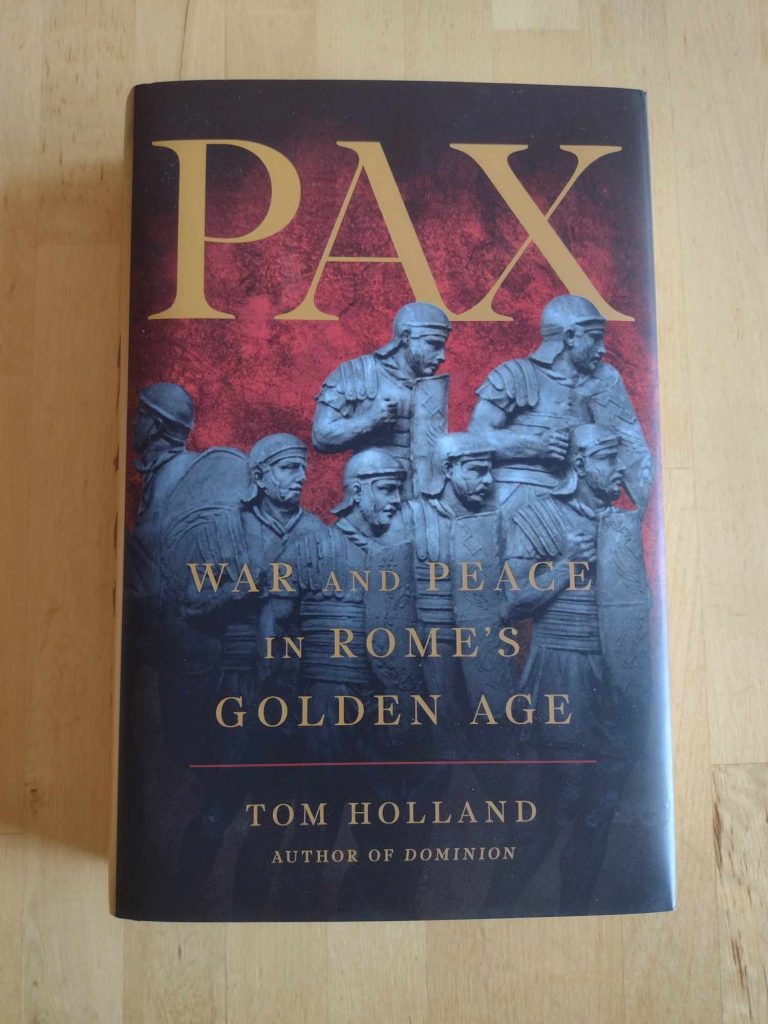I want to be careful here. I am anxious about the fact that by posting a book review of a book about the Roman Empire I might find myself lumped in with a certain demographic of bros who are obsessed with—won’t shut up about—the Roman Empire. Please make no mistake; I do not fit this description, nor do I have any particular fascination or fetish with the Roman Empire. That said, this book was very fascinating and I would highly recommend it to you, dear reader, if reading about Roman history is something that at all interests you.
I have what is possibly another irrational anxiety to share, and that is that in the venn diagram of things (things, in this case, being book reviews and books about history), that I find myself in an odd overlap. You see, I want to share my honest thoughts on this book. At the same time, however, it seems a bit unfair or altogether wrong to hold a book on history to any of the same standards to which I hold fiction novels. As such, this review might read as less of a “review” and more of a… book report?
Moving on. In his book Pax: War and Peace in Rome’s Golden Age, Tom Holland explores the complex relationship between war and peace in ancient Rome during the Pax Romana, a period of relative peace that lasted a couple centuries. And this is what was fascinating about it: wtf is peace, anyway? The Roman Empire was nothing if not bloody, and peacetime weirdly not an exception. Less so, perhaps, but still. You get the sense that during the Pax Romana everyone was kind of holding their breaths as their Jenga tower of an empire got taller and less stable. And some of the leaders they had during this time? Yeesh! It’s a wonder peacetime lasted as long as it did.
After reading this book, these percolating thoughts and feelings culminated in a feeling of dread. A kind of helpless feeling that ruling classes are built from, and thrive upon, violence. Their existence implies violence, even in peacetime. Perhaps they can’t help themselves.
This is why I recommend this book. It offers a very valuable historical perspective. Our own country is only 248 years old. In historical terms, it’s just a baby! Every empire falls eventually, and I don’t want to turn this into some apocalyptic doom-cast, but history moves in patterns. We know this. Like the cylindrical motion of waves. When a wave reaches the shore, it crests, then breaks. Inevitably. It is a valuable thing to keep in mind, especially in an election year.
So, it was a good and surprisingly pertinent read. That’s all I’m saying.
Till next time.
Tyler C. Clark
